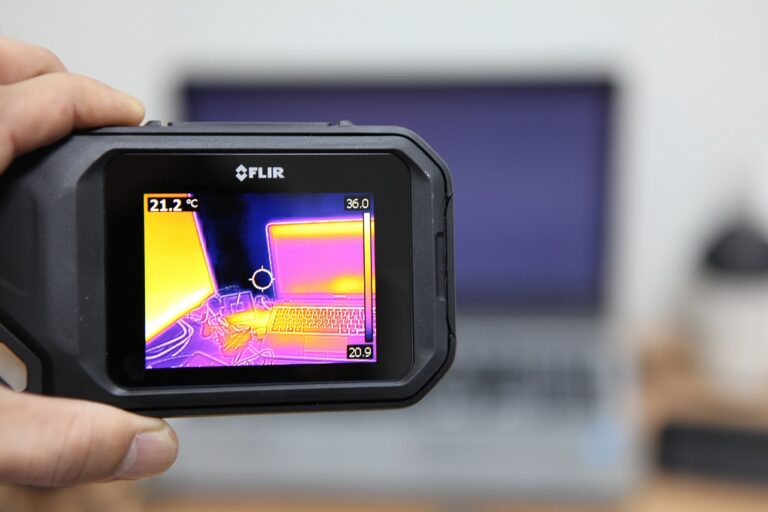The Evolution of Car HVAC Systems: From Manual Controls to Climate Zones
One of the key advancements in modern vehicles is the integration of smart HVAC technology. This technology allows for more precise and automated control of the heating, ventilation, and air conditioning systems in cars. With smart HVAC systems, drivers and passengers can enjoy customizable comfort settings tailored to their preferences.
By utilizing sensors and data analytics, smart HVAC systems can adjust the temperature and airflow based on exterior conditions and the number of occupants in the vehicle. This not only enhances the overall comfort inside the car but also improves energy efficiency by optimizing the use of the HVAC system. Overall, smart HVAC technology is revolutionizing the driving experience by providing a more comfortable and controlled environment for everyone on board.
The Future of Car HVAC Systems
With advancements in automotive technology rapidly evolving, the future of car HVAC systems is shaping up to be more efficient and user-friendly. Manufacturers are focusing on integrating smart HVAC technology into vehicles to improve overall comfort and convenience for drivers and passengers alike. These innovative systems will not only regulate temperature but also consider factors like air quality, humidity levels, and even individual preferences for a personalized in-car experience.
Moreover, the future of car HVAC systems is likely to see increased automation and connectivity features. This means that drivers will have the ability to control their vehicle’s climate settings remotely through their smartphones or smart home devices. Additionally, predictive analytics may play a significant role in adjusting the HVAC system based on factors like the weather forecast, traffic conditions, and even the driver’s schedule to ensure optimal comfort at all times.
What is smart HVAC technology in modern cars?
Smart HVAC technology in modern cars refers to the integration of advanced sensors and controls that allow for more precise and efficient climate control within the vehicle. This technology can automatically adjust temperature, airflow, and other settings based on factors such as outside weather conditions, cabin occupancy, and driver preferences.
What are some benefits of smart HVAC technology in cars?
Some benefits of smart HVAC technology in cars include improved comfort for passengers, increased energy efficiency, and better overall performance of the HVAC system. This technology can also help reduce fuel consumption and emissions by optimizing the climate control settings.
How will the future of car HVAC systems evolve?
The future of car HVAC systems is likely to see further advancements in smart technology, including more integrated systems that can communicate with other vehicle components. This could lead to even more personalized and automated climate control options for drivers and passengers.
Will smart HVAC technology make driving safer?
While smart HVAC technology is primarily focused on improving comfort and efficiency, it could also have indirect safety benefits. For example, maintaining a comfortable temperature inside the vehicle can help reduce driver fatigue and improve focus on the road, ultimately contributing to safer driving conditions.





